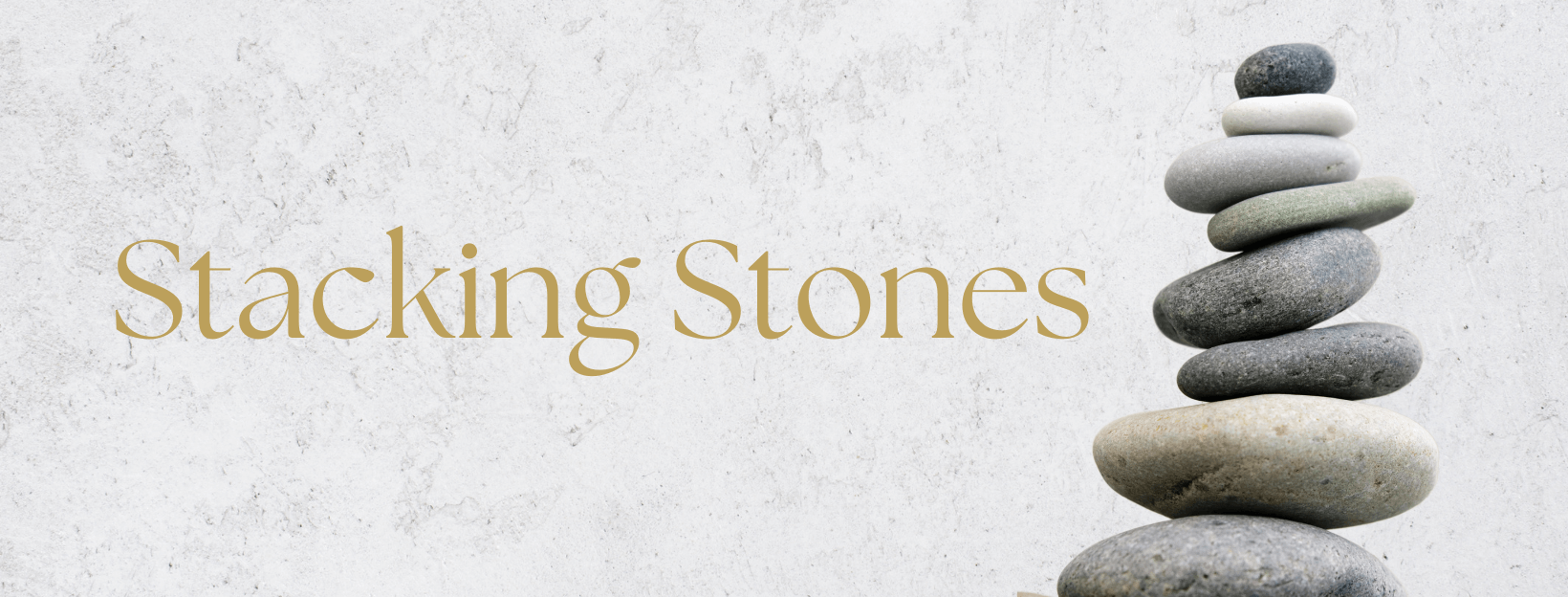
I grew up with a head full of shoulds.
As a kid, I really believed there were certain ways things were supposed to be done. Eat this way, behave that way, always be polite, always be helpful. It was the invisible rulebook I thought everyone carried around.
But by the time I was seven, I had already lived in three different countries. And guess what? Every time we moved, the rulebook changed.
In one place, it was encouarged to speak up. In another, it was polite to stay quiet. In one, you could be warm and “familiar” even with re;ative strangers; in another, that was considered odd. By the ripe old age of second grade, I’d learned that “shoulds” aren’t universal truths — they’re cultural scripts. Flexible. Conditional. And sometimes, completely contradictory.
Still, I carried plenty of them. The strongest ones came from two places:
- Being nice and kind (I grew up in the Netherlands, where social connection is woven deep into the culture — a beautiful thing, but it can come with pressure to always put others first).
- Efficiency and productivity (also big in Dutch culture and even more so in the USA — not a bad value, but when it turns into “I should always be doing more, faster, better” it’s exhausting).
For years, those shoulds ruled my inner world. And maybe you can relate — maybe you, too, have a mental committee of shoulds that seems to run the show.
Why “Should” Is a Problem
At first, “should” feels like a guide. A little nudge toward being better, kinder, more productive. But under the surface, “should” is heavy. It constricts us, boxes us in, and — according to decades of research in cognitive psychology — it’s harmful. Should, as it turns out, is actually a cognitive distortion.
Cognitive distortions, or thought distortions, are like lenses that color and distort everything we see. They are patterns of thinking that sound convincing but are inaccurate and harmful. Aaron Beck, the father of cognitive therapy, and David Burns, who popularized the concept, both list “should statements” as one of the biggest culprits.
Here’s why:
- “Should” implies failure — that we are not measuring up.
- It creates guilt, which is a lousy motivator for real change. Research on motivation (Deci & Ryan, 2000) shows that intrinsic goals (“I want to”) drive sustainable change, while guilt-based ones (“I should”) sap energy and persistence.
- It blocks acceptance of reality. Instead of meeting life as it is, we argue with what’s happening.
And all that inner pressure isn’t harmless. Studies link chronic self-criticism and perfectionism (often fueled by “shoulds”) with higher rates of depression, anxiety, stress-related illness, and even cardiovascular problems (Dunkley et al., 2003; Frost et al., 1990).
How “Should” Erodes Well-Being Across All Four Wellness Domains
Mind 🧠
When our self-talk is full of shoulds, our brain lives in a loop of inadequacy. Instead of learning, growing, or problem-solving, we’re stuck in judgment. Research on rumination shows that this constant mental replay of “not enough” increases anxiety and depression (Nolen-Hoeksema, 2000).
Body 🏃♀️
The stress of should is physical. Every “I should be thinner, healthier, stronger” spikes cortisol. Chronic cortisol dysregulates our nervous system and weakens immunity. Even our motivation to move or eat well is reduced when framed as “should” rather than “want” (Markland & Tobin, 2004).
Spirit 🌿
“Should” suffocates joy and curiosity. Instead of asking “What lights me up?” we ask “What’s the right thing?” Spiritual practices across traditions — Buddhism, Christianity, Indigenous wisdom — emphasize acceptance and presence.“Should” keeps us locked in judgment instead of awe.
Community 🤝
Interpersonally, “should” is toxic.
- “They should know better.”
- “My partner should do it this way.”
- “Kids should always listen.”
These thoughts breed resentment and distance. Psychologists call this “demand language” — and demand language fuels conflict, while compassionate communication builds connection.
Why Humor Helps
The fact is, when we should on ourselves we effectively sh*^ on ourselves. And, let’s be honest: that never helped anyone do better or feel better! So if you are sick of sh*^ting on yourself then stop shoulding yourself!
I finally (mostly) eliminated the word should from my vocabulary and the difference has been transformative! How did I get there?
Catching the absurdity helps. When I would hear myself say things like “I should have answered that email already,” I’d stop and laugh: “Oh look, I’m shoulding on myself again. Better clean that up before the stink gets realy bad.”
Humor really helps and, truth be told, is more than a coping trick — humor actually shifts the nervous system. Laughter literally lowers stress hormones and releases endorphins. Plus, when something becomes funny it gets easier to notice because it stands out. And, once you begin catching some of the shoulds, it becomes easier to notice them all, giving you a chance to stop them in their tracks. So instead of spiraling deeper into guilt, we can meet “should” with humor and take some of the bad feelings down a notch or two.
How to Begin Evicting “Should”
The first step is awareness. Notice the spark — that tightening in your body or that familiar phrase in your head. “I should…”
Then, get curious: Whose rule is this? Mine? Or some old conditioning I never chose?
Next, reframe:
- Replace “should” with “could” → possibility.
- Or “want” → desire.
- Or simply name what is: “Right now, I’m tired.” That’s acceptance, which research shows is the foundation for resilience.
A Gentle Challenge
This week, I invite you to listen for “should.” Notice where it pops up: in your mind, in your conversations, in the quiet corners of your self-talk. Don’t judge it (that would just be another should). Just notice.
And then, play. Replace it. Reframe it. Laugh at it. Experiment with letting it go.
Because life doesn’t need more shoulds. It needs more compassion, curiosity, and freedom.
If you’d like help evicting “should” from your vocabulary and your nervous system, reach out. This is some of the work I love most — supporting people as they swap judgment for possibility and reclaim their energy.
So let’s stop shoulding on ourselves, together. 🌱
___________________
Begin Within
and align with the rhythm of nature and self.













0 Comments